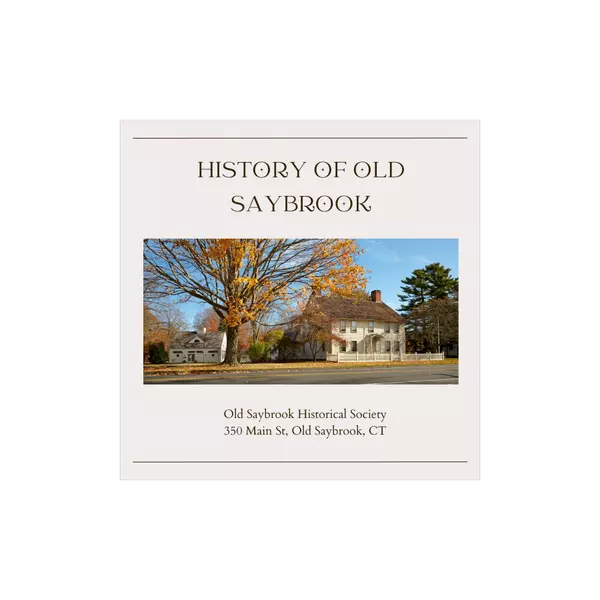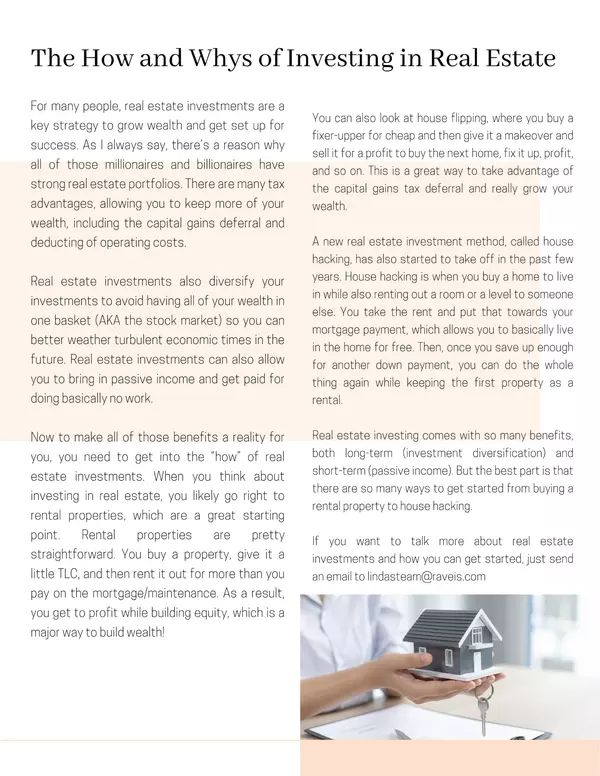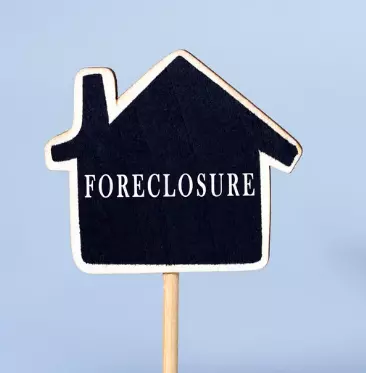
What are Recurring and Non-Recurring Closing Costs?
What are Recurring and Non-Recurring Closing Costs? For many buyers, closing costs can seem complicated. Buying a home itself is already such a large, complicated purchase, and when closing costs and terms like “recurring” and “non-recurring” are thrown into the mix, it’s easy for buyers to get over

3 Simple Reasons to Get Pre-Approved
3 Simple Reasons to Get Pre-Approved If you want to successfully become a homeowner, getting pre-approved is one of the best first steps you can take. But sometimes buyers, especially first-time homebuyers, think that getting pre-approved is just another random thing to do. Getting pre-approved is a
Categories
Recent Posts

Town of the Week - Chester CT

Town of the Week - Old Saybrook

Experience the Ultimate Lake Life with this Seasonal Property on Lake Williams

3 Benefits of a Long-Term Rental

Roadblocks You Might Face When Saving for a Down Payment

What are Recurring and Non-Recurring Closing Costs?

The How and Whys of Investing in Real Estate

Tips to Lower Your Electric Bill

3 Simple Reasons to Get Pre-Approved

Is a Flood of Foreclosures Coming?